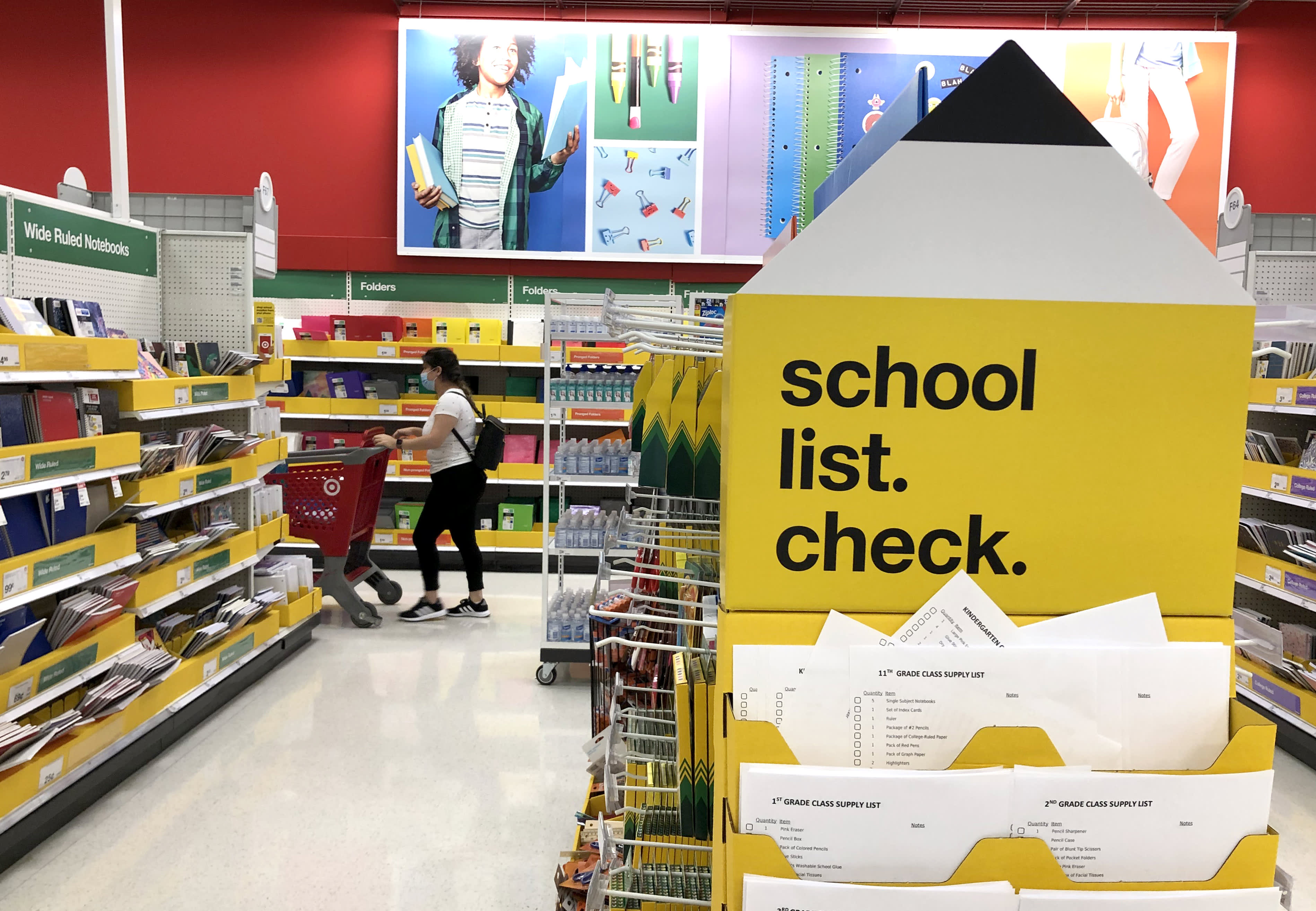A Maryland parent is sharing a cautionary tale after her toddler was rushed to the emergency room. She's hoping to educate others about the risk of edible marijuana overdoses in young children.
"Edibles" — marijuana-infused gummy candies and chocolate bars — have become increasing popular as more states legalize marijuana. And unlike prescription medications, these sweet treats don't come in childproof containers, which has led to a dramatic increase in accidental overdoses among young children. They can also be sold in packaging that can be appealing to children.
Oliver Perry is nearly two years old. His family went through a big scare last month.
"Oliver is our wild child. I thought the third child was supposed to be a very chill, laidback kid. He is the opposite of all of that," said his mom, Elizabeth Perry.
We've got the news you need to know to start your day. Sign up for the First & 4Most morning newsletter — delivered to your inbox daily. >Sign up here.
Oliver loves to explore.
"He climbs everything and has the best personality. He is full of smiles," she said.
Last month, after a playdate with friends, his mom said something seemed off.
"He was unusually lethargic," Elizabeth Perry said. "… I was putting him to sleep and laid him down, and he started shaking and crying and looked at me with just utter fear in his eyes."
Oliver was rushed to Anne Arundel Medical Center. He was having seizures and his vitals were dropping. Doctors ran tests, and he was intubated and medevacked to Children’s National Hospital in D.C.
That’s when the toxicology results came in: The toddler had marijuana in his system.

"I told them that wasn't possible. We don't smoke; we don't have drugs in the house," Elizabeth Perry said. "And then, like two minutes later, my jaw dropped and I realized that he had probably gotten into my medical marijuana that had two different doctors suggest to help me with sleep."
"It was in a childproof container, a container that you're supposed to push and twist. At the same time, it was in a drawer that I did not think that he could access," she said.
Treat it as you would any other medication. So lock it up, keep it high. If it comes in a package that looks like candy, just transfer into a medicine bottle that has a childproof lid so it doesn't look as tempting.
Elizabeth Perry, parent
Doctors say Oliver ate about 15 gummies containing 75 milligrams of THC, the active ingredient in marijuana that gets users high. That’s many times the recommended dosage for an adult.
"Kids have a way of finding these treats," Dr. Brian Schultz said. "They'll think it's candy; they'll eat them and they'll eat a lot of them. And it's just a good idea to keep them stashed away and hidden and locked."
An Alarming Spike in Edible Marijuana Overdoses Among Children
Dr. Schultz is a medical toxicology fellow at Children's National Hospital and was part of the team that treated Oliver. He said there’s been an increase in edible overdoses among children nationwide as more states legalize marijuana.
Dr. Schultz says it’s important to look for warning signs, such as lethargy, difficulty walking, or trouble breathing, although symptoms won’t appear right away.
"If someone smokes marijuana, you'll typically see peak serum concentrations even before finishing the cigarette, maybe, maybe within 10 minutes. But someone who ingests an edible may not see peak serum concentrations of THC for several hours," Schultz said.
The best advice is to keep edibles secured and out of reach from children.
"Treat it as you would any other medication. So lock it up, keep it high," Perry said. "If it comes in a package that looks like candy, just transfer into a medicine bottle that has a childproof lid so it doesn't look as tempting."
"We Feel So, So Fortunate That He's OK"
Oliver made a full recovery. His mom calls it a whirlwind 36 hours, one she hopes no other parent will ever have to experience.
"We need to pay it forward. We feel so, so fortunate that he's OK," Perry said. "We want to just thank the world by sharing our message."
Perry said she no longer has the edible gummies in her home and continues to share her story on social media to warn others of the risk.
Data from the Poison Control Center shows that calls have nearly tripled for children ingesting edible marijuana products from January through May of this year compared to the same time last year.



